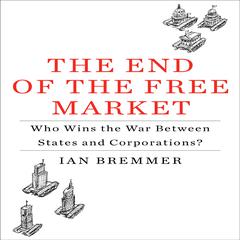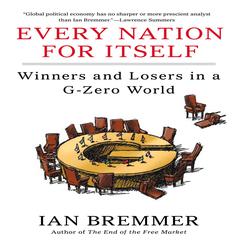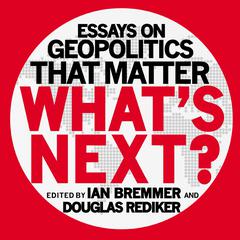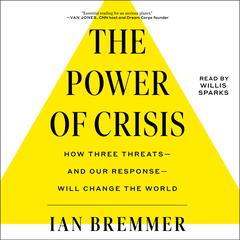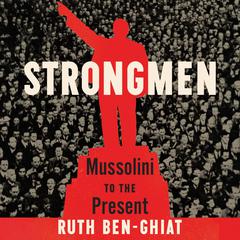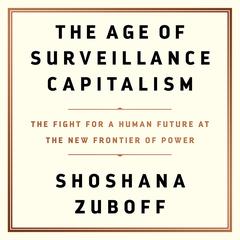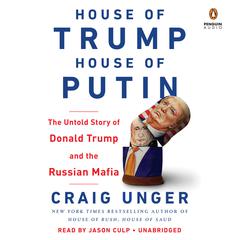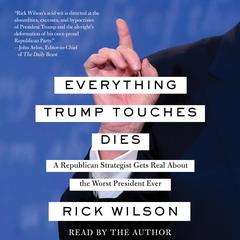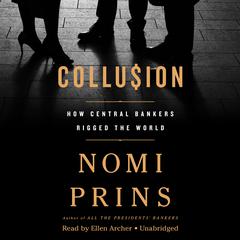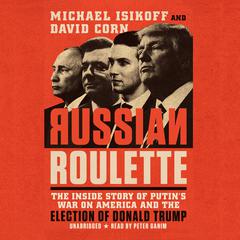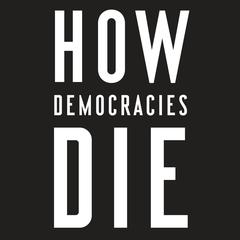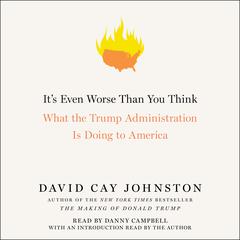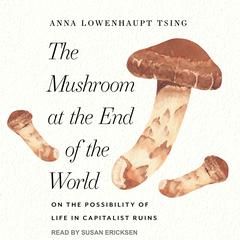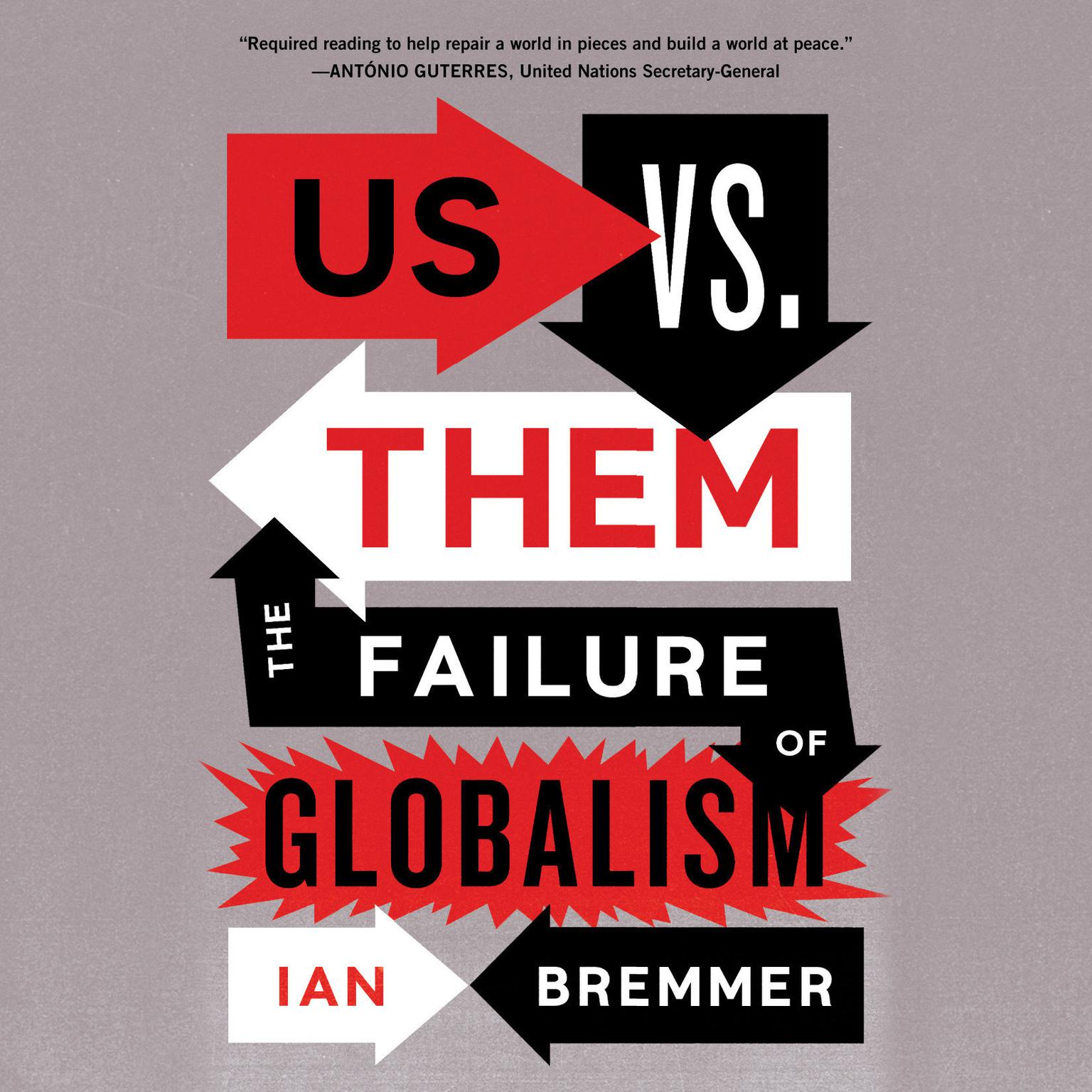 Play Audiobook Sample
Play Audiobook Sample
Us vs. Them: The Failure of Globalism Audiobook
 Play Audiobook Sample
Play Audiobook Sample
Quick Stats About this Audiobook
Total Audiobook Chapters:
Longest Chapter Length:
Shortest Chapter Length:
Average Chapter Length:
Audiobooks by this Author:
Publisher Description
New York Times bestseller "A cogent analysis of the concurrent Trump/Brexit phenomena and a dire warning about what lies ahead...a lucid, provocative book." --Kirkus Reviews Those who championed globalization once promised a world of winners, one in which free trade would lift all the world's boats, and extremes of left and right would give way to universally embraced liberal values. The past few years have shattered this fantasy, as those who've paid the price for globalism's gains have turned to populist and nationalist politicians to express fury at the political, media, and corporate elites they blame for their losses. The United States elected an anti-immigration, protectionist president who promised to "put America first" and turned a cold eye on alliances and treaties. Across Europe, anti-establishment political parties made gains not seen in decades. The United Kingdom voted to leave the European Union. And as Ian Bremmer shows in this eye-opening book, populism is still spreading. Globalism creates plenty of both winners and losers, and those who've missed out want to set things right. They've seen their futures made obsolete. They hear new voices and see new faces all about them. They feel their cultures shift. They don't trust what they read. They've begun to understand the world as a battle for the future that pits "us" vs. "them." Bremmer points to the next wave of global populism, one that hits emerging nations before they have fully emerged. As in Europe and America, citizens want security and prosperity, and they're becoming increasingly frustrated with governments that aren't capable of providing them. To protect themselves, many government will build walls, both digital and physical. For instance... * In Brazil and other fast-developing countries, civilians riot when higher expectations for better government aren't being met--the downside of their own success in lifting millions from poverty. * In Mexico, South Africa, Turkey, Indonesia, Egypt and other emerging states, frustration with government is on the rise and political battle lines are being drawn. * In China, where awareness of inequality is on the rise, the state is building a system to use the data that citizens generate to contain future demand for change * In India, the tools now used to provide essential services for people who've never had them can one day be used to tighten the ruling party's grip on power. When human beings feel threatened, we identify the danger and look for allies. We use the enemy, real or imagined, to rally friends to our side. This book is about the ways in which people will define these threats as fights for survival. It's about the walls governments will build to protect insiders from outsiders and the state from its people. And it's about what we can do about it.
Download and start listening now!
Us vs. Them Listener Reviews
Be the first to write a review about this audiobook!
About Ian Bremmer
Ian Bremmer is a political scientist who helps business leaders, policymakers, and the general public make sense of the world around them. He is president and founder of Eurasia Group, the world’s leading political-risk research and consulting firm, and GZERO Media, a company dedicated to providing intelligent and engaging coverage of international affairs. He is also a frequent guest on CNN, Fox News, MSNBC, the BBC, Bloomberg, and many other television stations around the world. He is the author of ten books, including the bestseller Us vs. Them: The Failure of Globalism which examines the rise of populism across the world. He also serves as the foreign affairs columnist and editor at large for Time magazine. He currently teaches at Columbia University’s School of International and Public Affairs and previously was a professor at New York University.
About Willis Sparks
Willis Sparks focuses on top global political risks as well as US politics and elections. Willis also works directly with Eurasia Group’s president Ian Bremmer on a variety of macro-political risk projects. Prior to joining Eurasia Group in 2005, Willis worked at the Council on Foreign Relations, where he wrote on transnational terrorism and US national security. Willis holds an MA in International Affairs from Columbia University’s School of International and Public Affairs, where he specialized in international security policy and the study of the former Soviet Union. He also earned an MA degree in International Relations from the Institut d’Etudes Politiques in Paris. Willis holds two BA degrees from Brown University and is a graduate of the Juilliard School.




